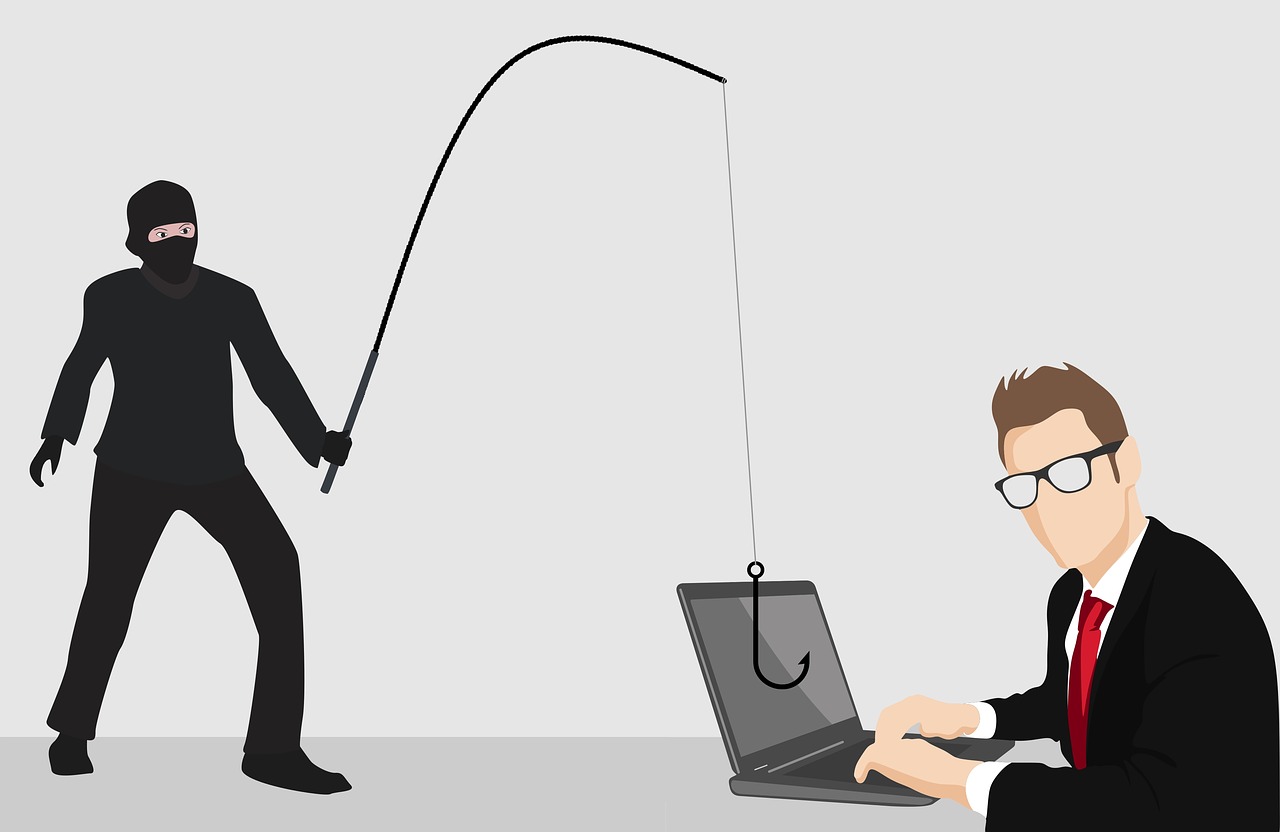At some point, you’re going to get the call. I know I have. A person, usually in a thick accent, will be on the phone will call claiming to be from “Windows.” They will claim that they have detected a virus on your system! Oh no! They say that they can get rid of it, if you give them control of your computer. For a nominal fee, of course…
If you ever receive this call, my advice is simple: HANG UP! This is a pure scam. Please, I beg of you, do not fall for this. In this scam, the person will guide you to an obscure part of Windows called Windows Error Reporting and show you all sorts of vaguely unsettling red X’s to insist that your computer is infected. These are not viruses. These errors are, in fact, a normal part of Windows and are nothing to be alarmed about.
After convincing you of your infection, they’ll guide you through the steps of remote assistance. Once they have control of your computer, they’re pretty much home free. Some scammers will install malware on your system. Some will suck up any credit cards and passwords they find. Some may do nothing in particular, and then ask for payment for services rendered, on the order of several hundred dollars.
Here are some red flags to watch out for scams. Notice how many rules this scam violates:
- Someone you don’t know can’t call you up and know anything about the inner workings of your particular computer. This is simply impossible. If a stranger called you up and said, “You left the hall light on all night, and by the way, you need to eat more fiber” you’d probably find this both highly implausible that they could know this and pretty creepy. If they can’t see inside your house, why would you think they can see inside your computer?
- Never give anyone remote access that you don’t trust. Keeping this metaphor going, giving remote access is like giving someone the key to your house. Now, there’s nothing wrong with that, as long as they’re trustworthy. A random stranger calling you up is probably not. Would you let a guy going door-to-door have full, unfettered access to everything you own?
- Never give your credit card number out to anyone that calls you. This is actually quite universal, and applies to many aspects of life. Please understand that they could be lying, obviously. And know that CallerID can be spoofed/disabled quite easily, so never rely on that as an identifier.
Computers should be treated no differently from cars or houses. They’re your property. Use common sense and only let reliable people work on them.





